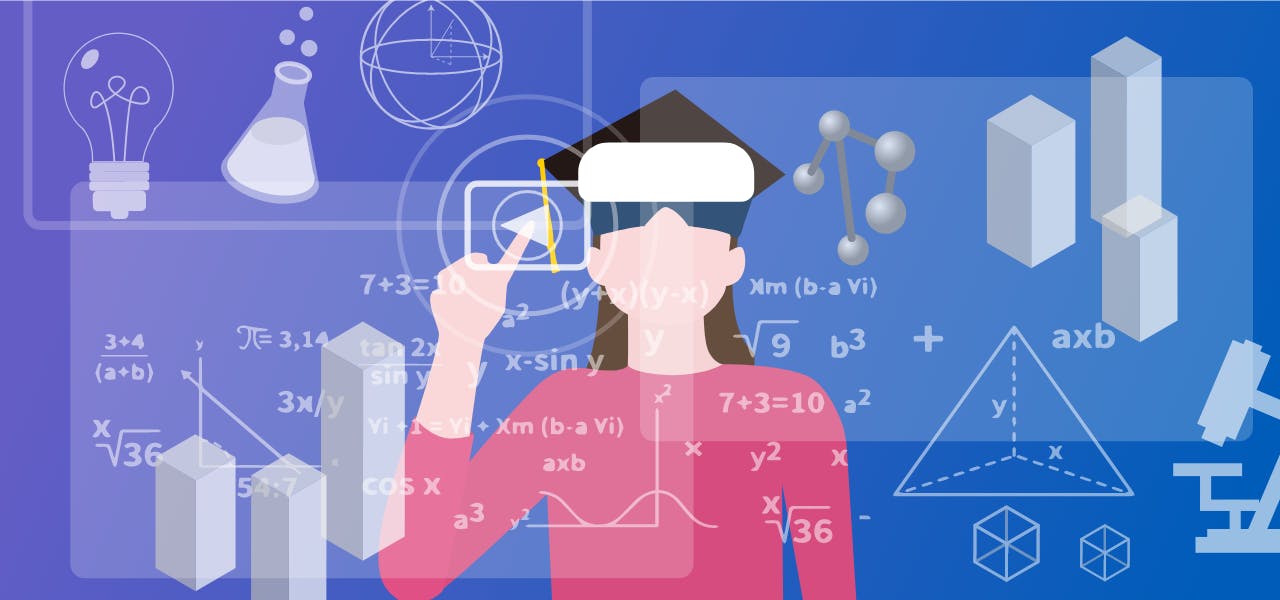The world is changing exponentially now that the Digital Era is in full swing, and this change extends to the way knowledge is transferred in the academic landscape. Traditional scholastic expectations and instructional methods are no longer relevant as instructors learn to find ways to teach students who grew up with technology and expect it to be part of their daily classroom life.
But this evolving technology has resulted in innovations in research and knowledge collection that has made prior methods obsolete. There’s no reason to assume that technology won’t continue to evolve, and that even today’s advanced ideas will quickly become a thing of the past. The speed of these changes means that today’s academic experts and researchers must work actively to predict the future of scholasticism and what those pathways will look like for scholars down the road in order to prepare for an advanced societal change in education and the world in general.
Examples of Innovations That Have Changed Academics
Today’s seasoned instructors likely remember growing up on the fringes of computer technology as it was introduced into classrooms. Floppy discs, learning games like The Oregon Trail and Minesweeper, and learning to type on word processors instead of old-school typewriters began the academic indoctrination to all things computer-related.
But the students that are in school now have higher expectations. Most children have smartphones or have been exposed to them at a young age. Computer skills are taught as early as kindergarten, and coding is an option for those interested in primary levels and beyond. No longer do students take a passive role in their education.
Other innovations have changed academics, too, such as:
● Smartboards replacing chalkboards
● Video learning
● DSL and wireless internet
● Scanning programs to save time grading
● Grading programs with changes in real-time that parents can access to monitor their children’s education
● Online continuing education resources for instructors to grow their own learning capacity
It’s safe to say that technological innovations have changed academics at a core level.
Predictions of Scholasticism in the Future
Some of the most impactful inventions that are currently on the agenda as potentially shifting the wave of education in the future include technology like:
● Virtual reality with conglomerate industries like Google and Samsung vying for the forefront of technology that can be used in classrooms.
● Artificial intelligence and machine learning, which is currently used to streamline grading processes and analyze students for growth and the need for enhancement, but has the potential to do so much more.
● Cloud technology to store lesson plans, create audio and video lessons, assign and receive homework assignments, and access literature resources. With the global pandemic of COVID-19, this technology took an extreme jump forward as the need for virtual education skyrocketed urgently.
● 3D printing technology that allows instructors to use 3D models to teach a concept and also encourages students to use the same format to demonstrate concepts that they learned.
● Biometric capabilities that bring psychological insights into the scientific arena. No longer will teachers have to rely on body language to determine if a student is paying attention and absorbing the content. Instead, biometrics like eye-tracking methods can guide the instructor on the student’s involvement.
These innovations are already in the works and the road to changing academics in preparation for future generations can’t be ignored. Researchers are collaborating together to try to predict the use of technology and create a framework in which instructors and institutions can implement ideas today to prepare for these future applications.
How Impactio Can Help Scholasticism
Impactio is an all-in-one platform that guides published scholars and academic experts in using a professional medium to generate their work. But it’s also a community of support where scholars can network with their peers to learn from each other. If you want to reach out to other experts for discourse and advice to prepare yourself and your students for the future, turn to Impactio.
